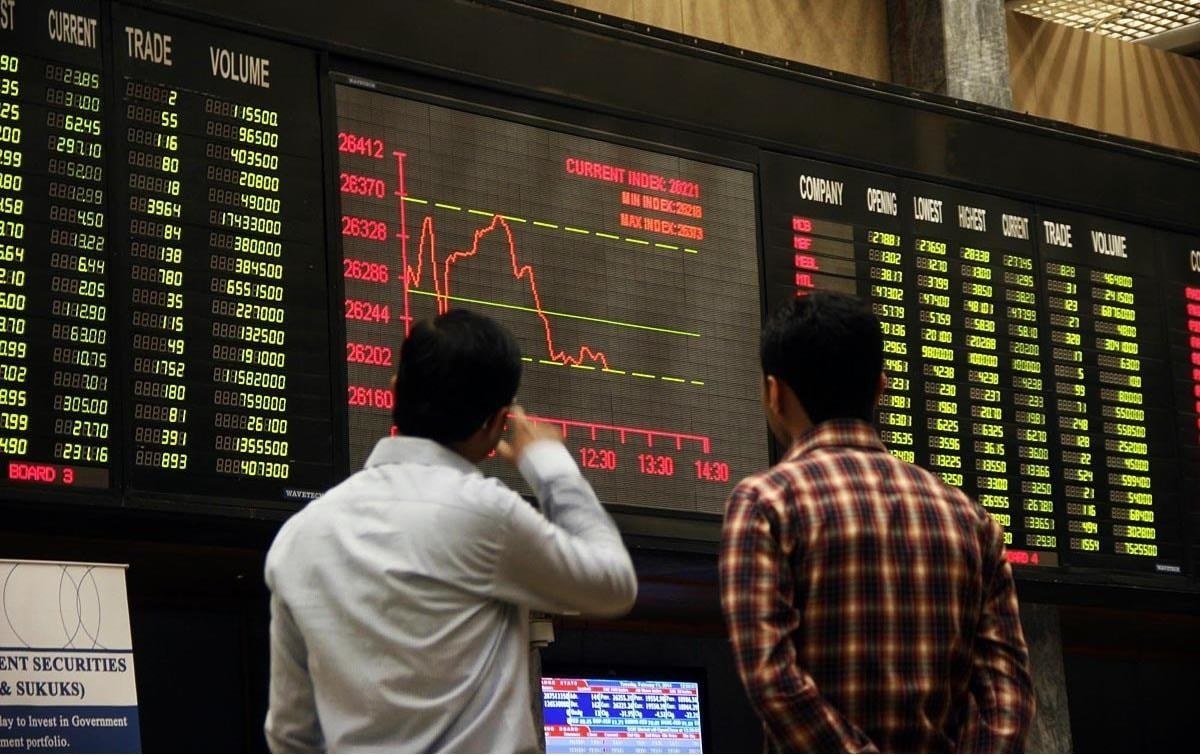A study conducted by the Pakistan Institute of Development Economics (PIDE) reveals that merely 31 families dominate the Pakistan Stock Exchange. The boards of directors for KSE-100 index companies are mostly filled with people close to these families and some of them are their employees.
The data was collected in 2018, where 31 families dominated the KSE-100, states the “Small club: distribution and networks in financial markets of Pakistan” – a study by vice chancellor of PIDE, Dr Nadeemul Haq and Amin Husain.
“It appears that while Mahbubul Haq talked of 22 families dominating Pakistan in 1967, in 2018, some 50 years later, the wealth in the stock market may be largely owned or controlled by 31 families.”
The boards comprise similar people – corporate, business founders and family, retired and current member of the civil service, and the army.
“In other words, it parallels the membership of an elite club in Pakistan”.
The notion that the stock market is a reflection of strong economy and a vibrant financial sector of Pakistan, is being directly challenged by this paper.
Pakistan’s stock market tends to make headlines, sometimes because of record highs that make it the “best performing market of the region”, and sometimes because of crashes. The paper stated that the KSE was heavily skewed with the top 10 companies constituting more than half of the total market capitalisation – the value of companies traded at the stock exchange.
According to PIDA, the directors or significant shareholders held ownership of over Rs4.963 trillion out of the total market capitalisation of Rs6.8 trillion.
The single largest shareholder is the government of Pakistan. Together, the top 10 owners account for 37% of the market capitalization of KSE-100.
Foreign shareholders and government ownership account for the bulk of the ownership of KSE-100 market capitalization, at an estimated 61%.
Collectively, close to 41% of ownership of KSE-100 index firms is held by MNCs, whether foreign holding companies or other foreign entities, with a significant shareholding of over 5% each.
Local companies, even after 60 years of financial market development, remain a small part of the market at about 30%.
The board members are a well-connected group with very easy information flows and connections. There were 220 positions for independent directors on these companies, averaging at over two independent directors per firm. About 14% serve on two boards, 6% serve on three boards and 3% serve on four or five boards. As many as 297 directors had corporate backgrounds, 148 were from the government, 32 were bureaucrats, 22 were from the army and 154 were from families, according to PIDE.
Women make up only about 10% of board members in Pakistan and a significant number of non-executive directors have served as government employees in the past, whether as bureaucrats, in the military, or in regulatory bodies such as the SECP.
Most companies in the KSE-100 are connected to each other through directorships. Only a very few (at most 15) do not share common directorships with other companies in the index, according to the study.
It said that highly influential and well-connected directors were more likely to control the hiring process, exercise political power derived from positions previously held as elected representatives, bureaucrats, or military personnel, or offer an understanding of the functioning of key accountability institutions such as the SECP, amongst many others.
Kamal Chinoy, a former banker, Tariq Iqbal Khan – an accountant, Aamir Sherazie – owner of Honda company, and Qasier Javed – an accountant, were or have served on boards of 17 companies.










